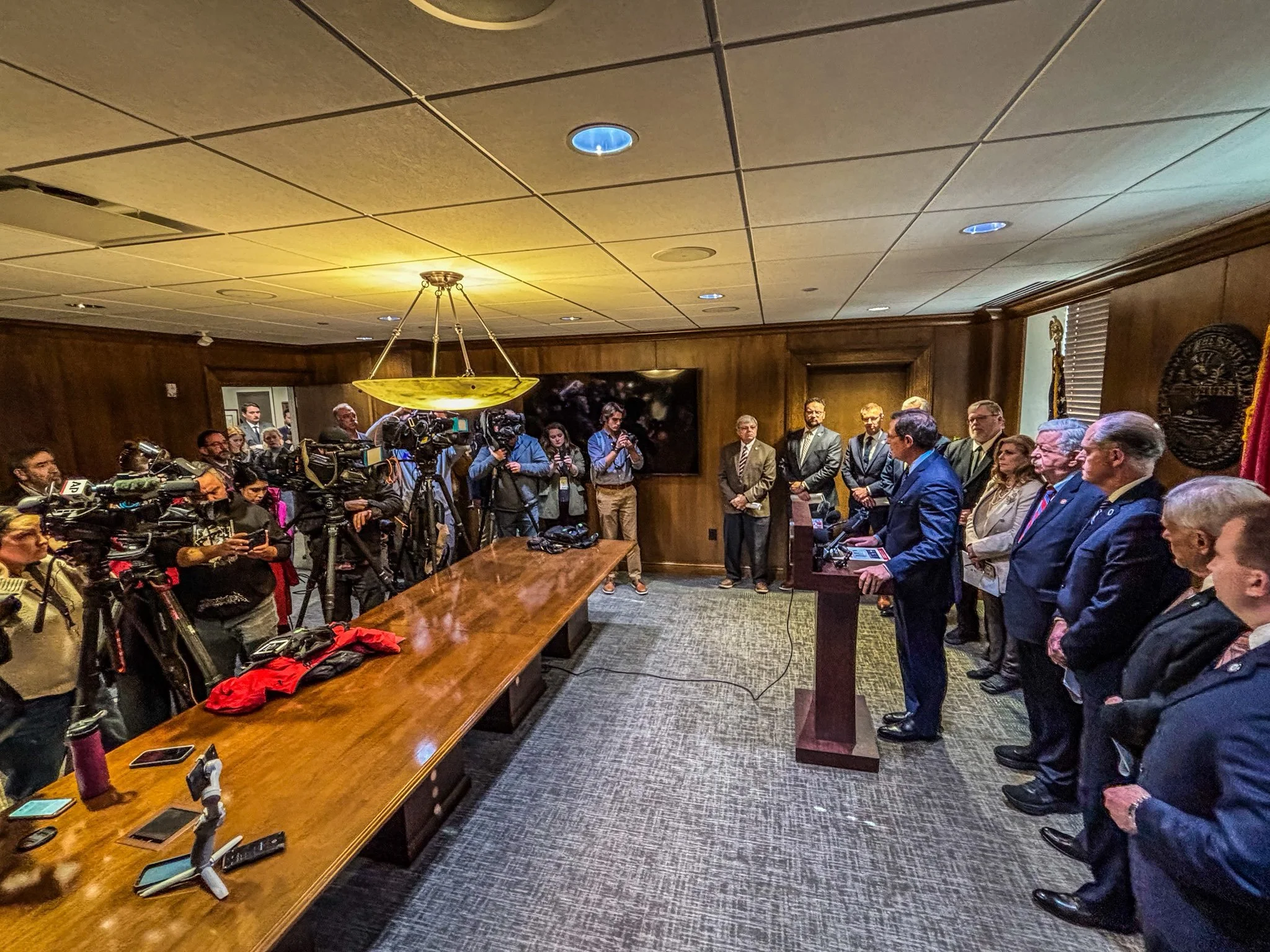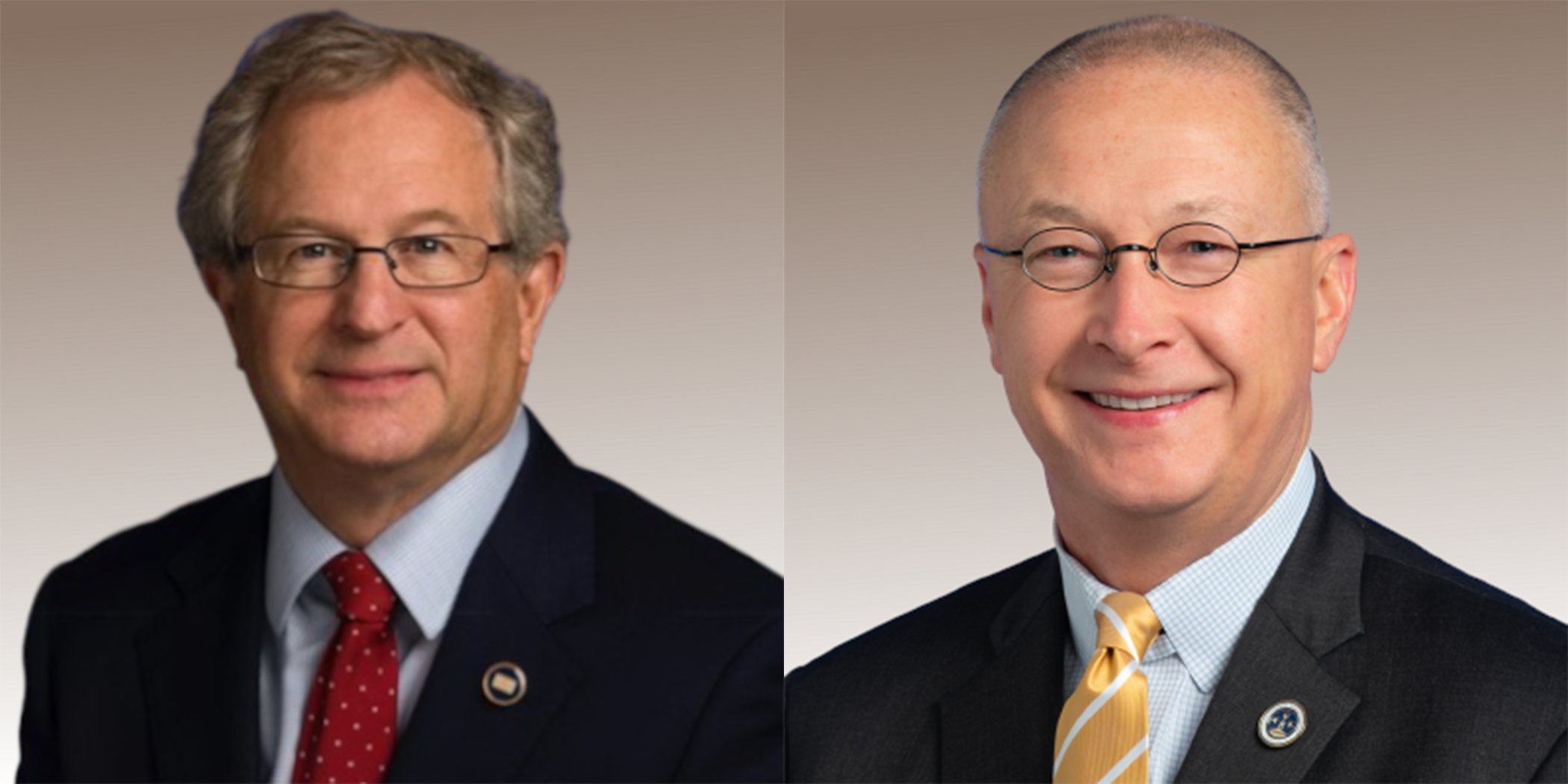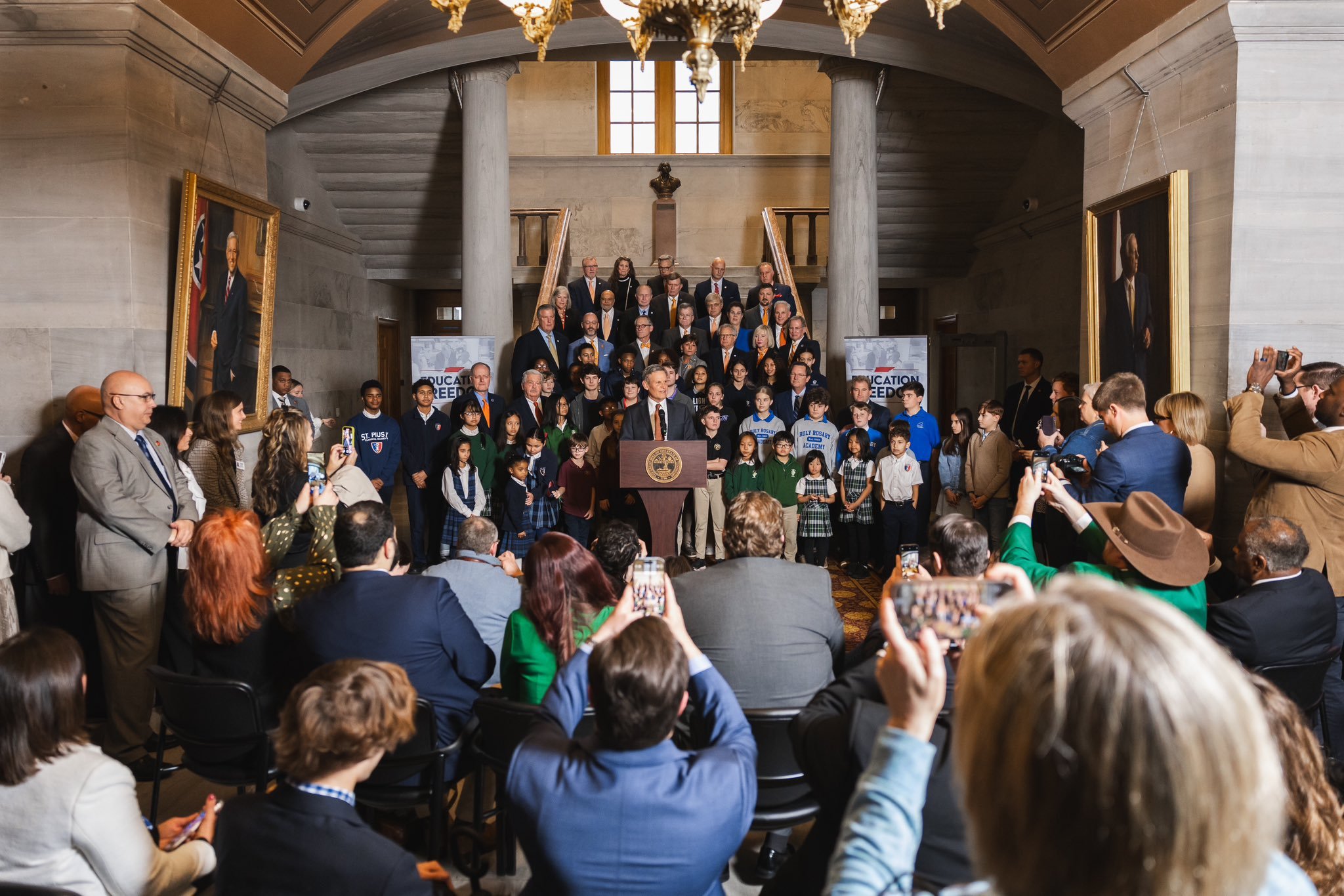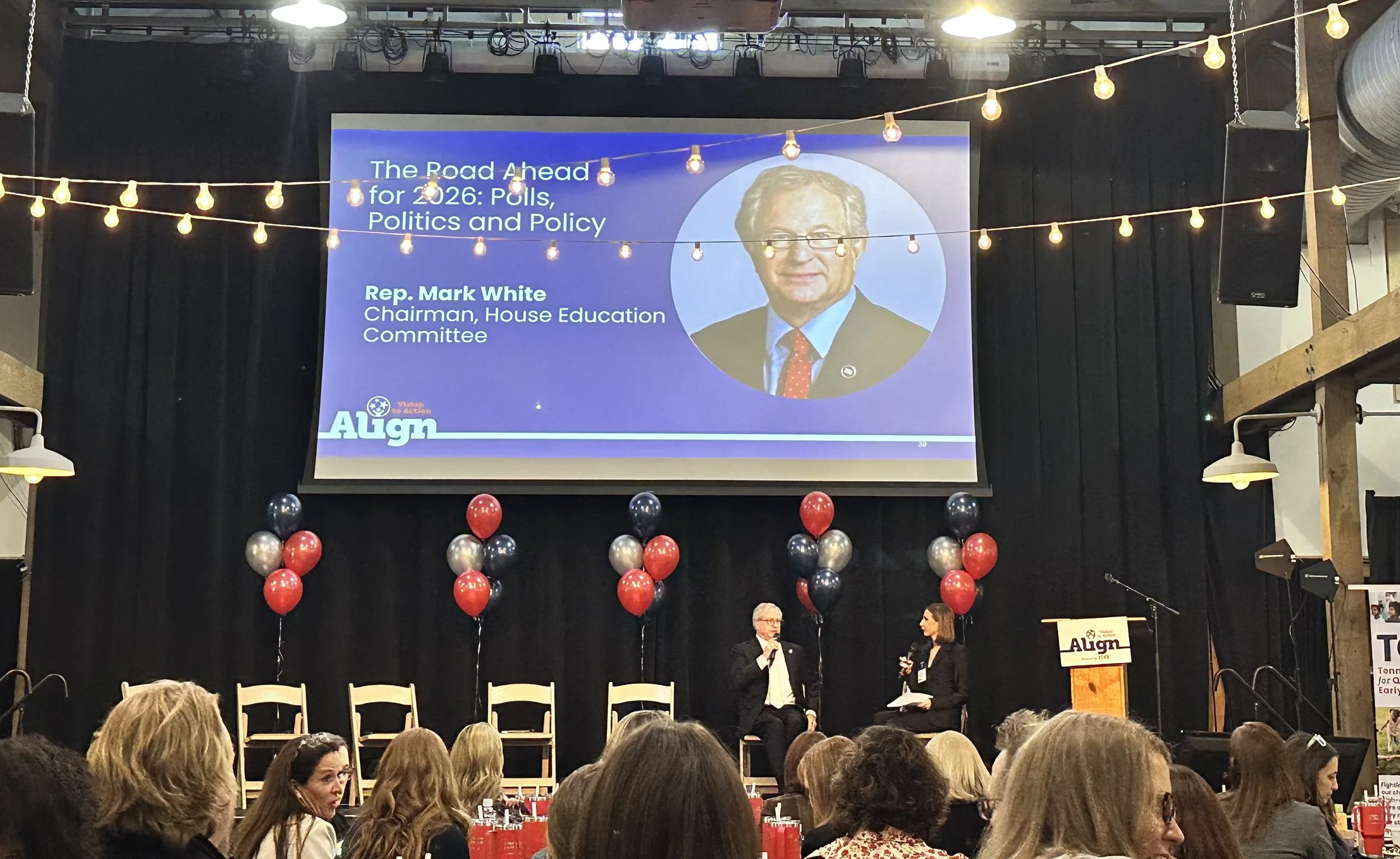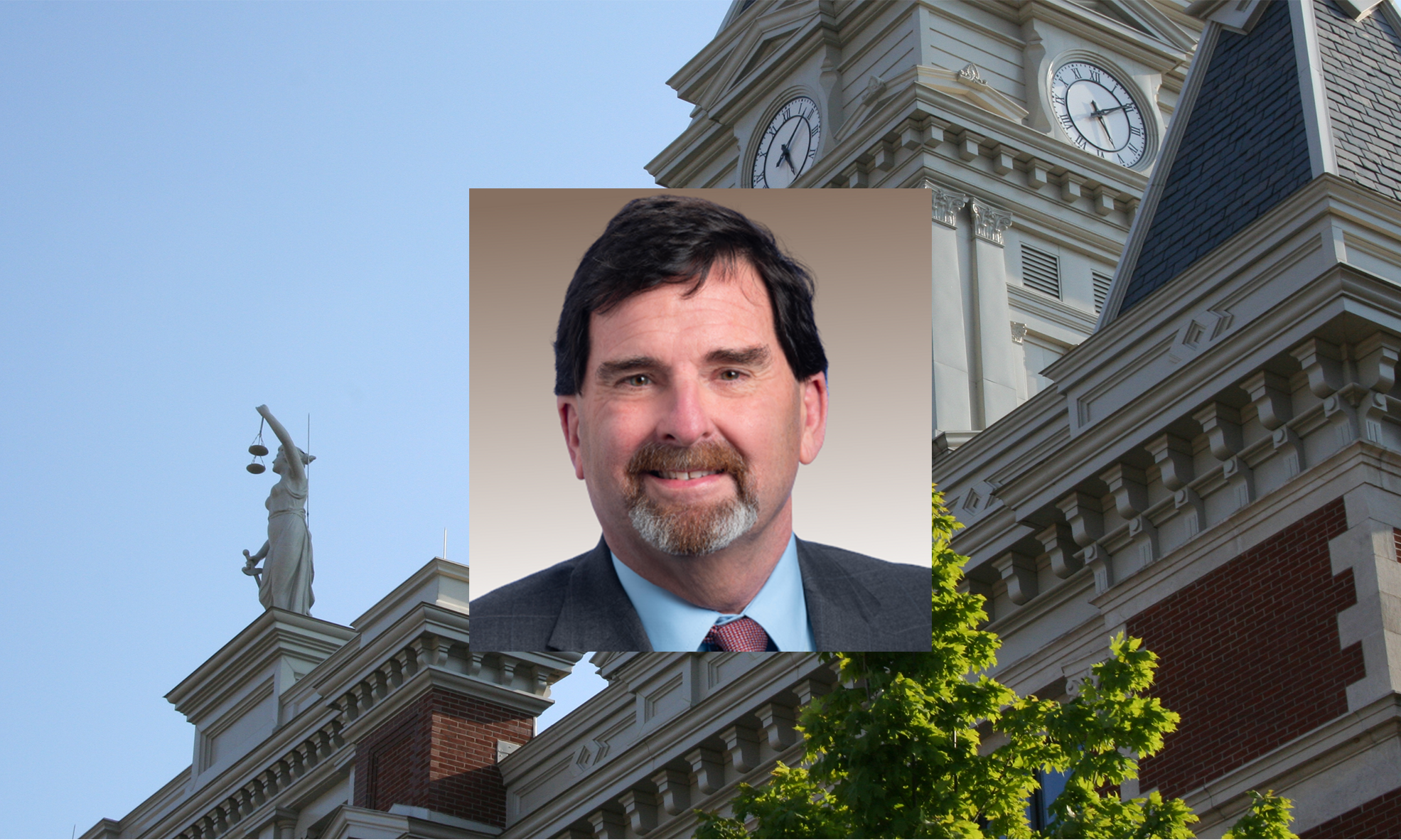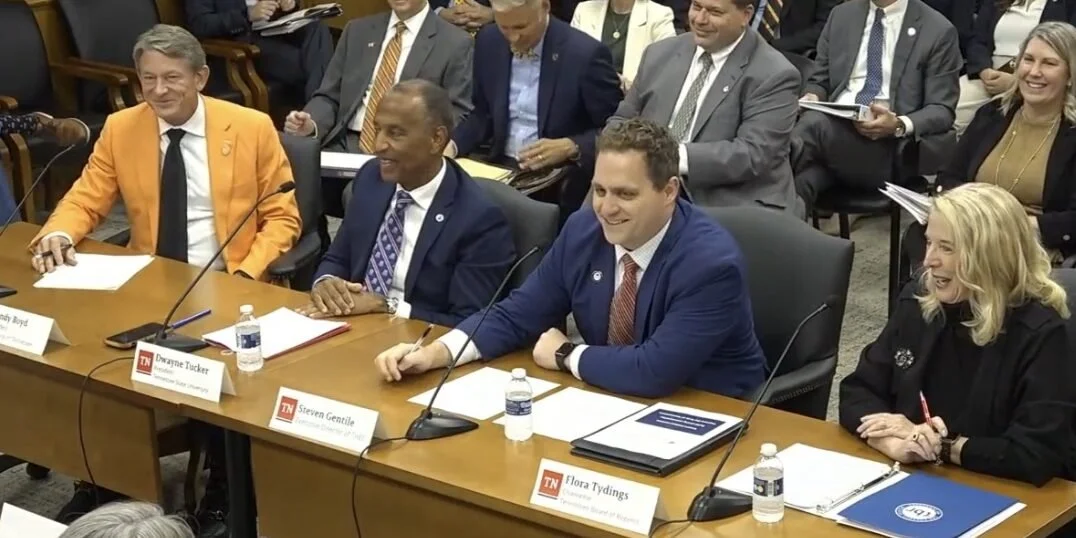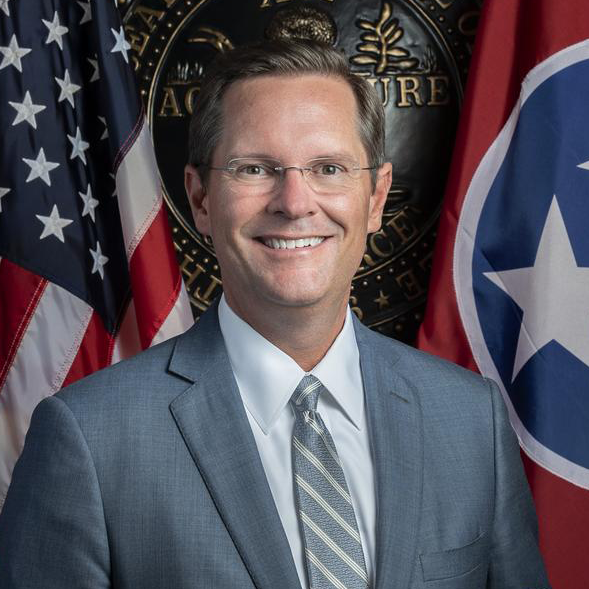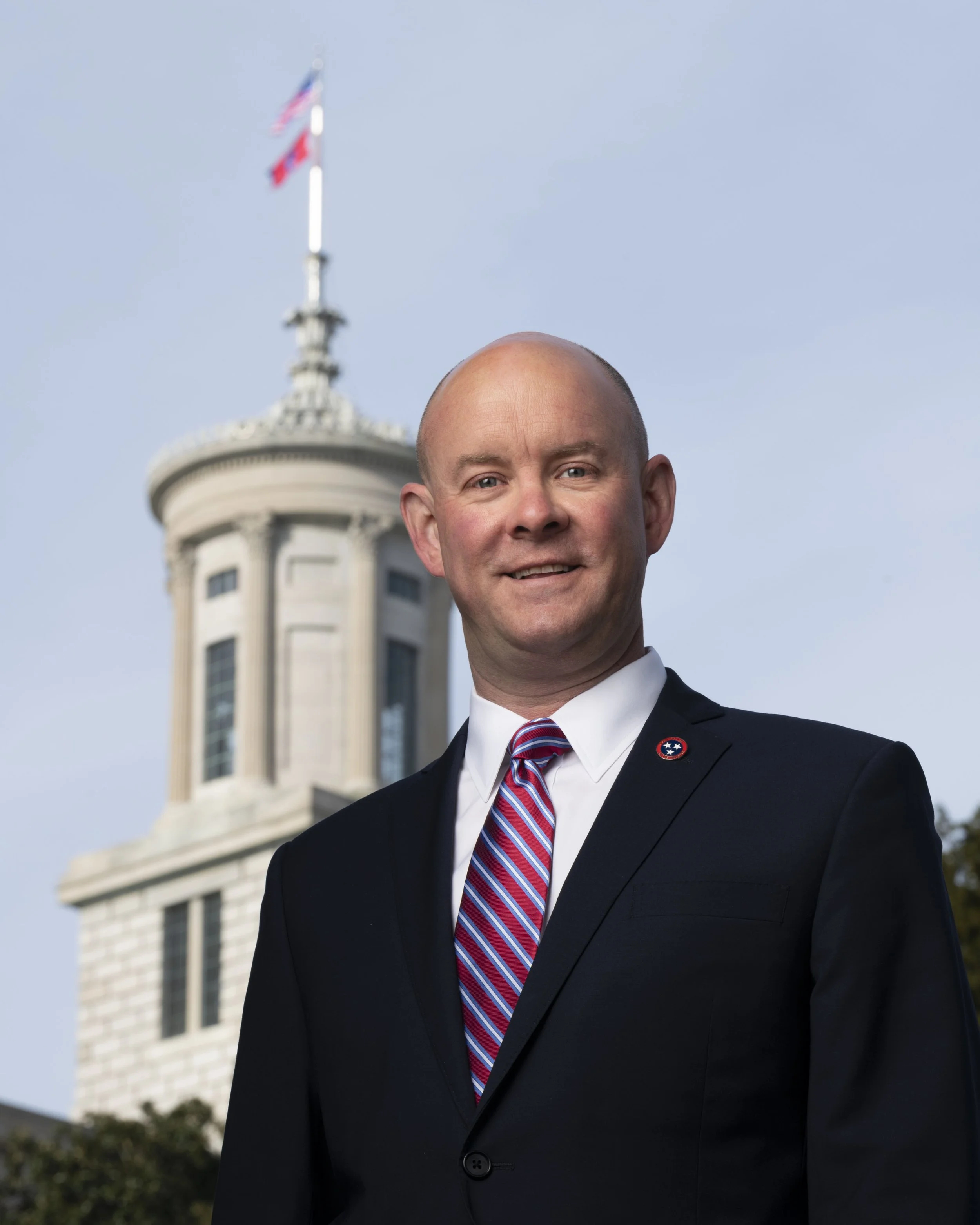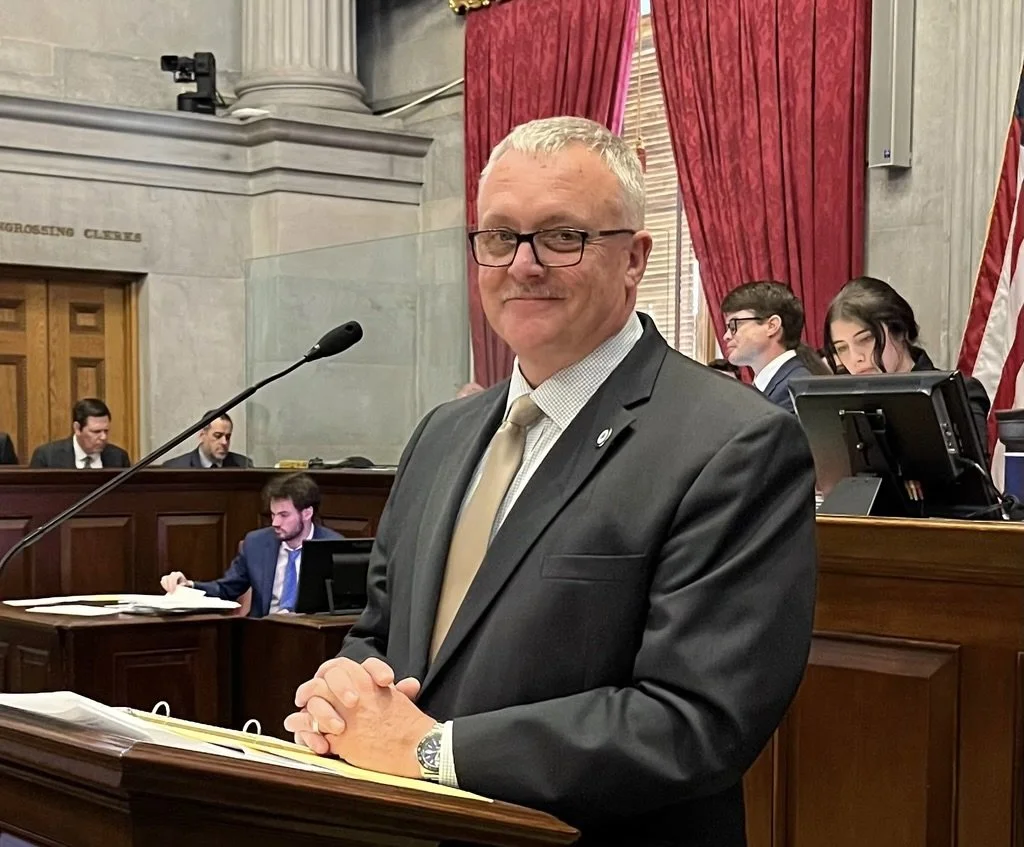STATE GOVERMENT NEWS
According to a news release, the Tennessee Department of Education has received more than 50,304 new and renewal applications for the program that allows families to use taxpayer dollars for private school expenses.
State Republican leaders announced a series of bills on Thursday designed to target illegal immigration, including one that would require a verification of whether K-12 students have lawful immigration status.
State Senator Brent Taylor has agreed to move forward with State Representative Mark White’s plan to create a state-appointed oversight board for Memphis-Shelby County Schools.
More than 60 percent of respondents said they support expanding the Education Freedom Scholarship and adopting policies that allow parents to send their children to public schools across district or county lines without paying tuition.
Just 11 percent of participating students tested proficient in math on state testing during the program’s initial 2022-23 year. That number rose to 19.5 percent in the 2024-25 school year.
The “Early Behavioral Intervention and Reporting Act” defines those signs as including students engaging in or being the victim of harassment, intimidation, bullying, making threats of violence, or exhibiting signs of substance abuse, mental health issues, self-harm, or suicidal ideation.
Tennessee’s average composite ACT score of 19.3 in 2025 is higher than every other southern state with an estimated participation rate of at least 91 percent on the test.
Board attorneys argue that election officials had no authority to place the terms of five school board members up for re-election two years early.
The recommendation is the latest milestone for TSU’s financial recovery, following the General Assembly’s decision to oust the university’s prior Board of Trustees last year.
The final 9-9 vote came along party lines, with Republicans on the Montgomery County Commission supporting Lankford and Democrats supporting their party’s nominee for the House District 75 seat last year, Allie Phillips.
Hargett sent a letter to all 181 libraries in the Tennessee Regional Library System requesting the review in late October.
The proposed policy priority is in response to legislation state lawmakers considered earlier this year that would allow school districts the option of refusing to enroll undocumented children or charging them tuition.
Under the proposal House Speaker Cameron Sexton plans to unveil next year, K-6 grade teachers would only need two years of higher education and an internship.
Representative White said that too many parents across the state lack access to childcare, either because of a shortage of available slots or because of cost.
Parents named in the suit argue the program violates the Education Clause of the Tennessee Constitution by diverting funds from public schools and preventing students the adequate education guaranteed by the state constitution.
Montgomery County Commissioners voted 11 to 8 to appoint a Republican nominee to the board in a move that at least one commissioner felt was influenced by political parties.
A new report from the Millennial Debt Foundation’s In the Black initiative argues that federal education funding “rests on shaky long-term economic foundations” due to rising spending on Medicare and Social Security and the growth of federal interest expenses.
TSU President Dwayne Tucker told Governor Bill Lee on Thursday that his university’s finances are improving, but it still needs help with deferred maintenance.
Education Commissioner Lizzette Reynolds reported that roughly 90,000 students have been participating in the camps each summer, and 73 percent of those students attended at least 90 percent of the programming.
Tennessee lawmakers pressed state education officials this week for answers on how the ongoing federal shutdown and potential Trump-backed block grant proposals could affect school staffing and services for disadvantaged students.
In an interview with the Tennessee Firefly, Sexton said he’ll propose creating an associate’s degree program for future kindergarten through sixth grade teachers.
At Thursday’s Advisory Committee on Innovations in K-12 Education meeting, lawmakers agreed to recommend that the Department of Education conduct a full review of locally mandated tests and the reasons for them.
The recommendations come in advance of the final meeting of the Advisory Committee on Innovations in K-12 Education on Thursday.
Tennessee has achieved a record-high graduation rate of 92.3 percent for the 2024–25 school year, according to new data from the Tennessee Department of Education.
Representative Scott Cepicky tells the Tennessee Firefly he plans to introduce legislation next year to regulate local benchmarks and improve career pathways for students in high school and higher education.
Rutherford County homeowners may soon receive tax refunds after a Tennessee Comptroller investigation found that thousands have been overpaying for years due to widespread property assessment errors.
The Tennessee Public Charter School Commission voted Friday to deny four Memphis charter school proposals, including two new schools and two currently operating under the state-run Achievement School District.
The Tennessee Department of Education has announced the finalists for the 2025–26 Principal and Supervisor of the Year awards, recognizing outstanding school and district leaders across the state. The honorees exemplify transformational leadership, innovation, and commitment to student achievement in Tennessee’s public schools.
Tennessee gubernatorial candidate and state lawmaker Monty Fritts was the only legislator to oppose continuing the Tennessee Department of Education during this week’s sunset hearings at the State Capitol.
Knox County and state leaders are urging voters to reject Knoxville’s proposed $47 million sales tax increase, arguing the measure would add to residents’ financial strain as early voting begins for the November 4 election.



